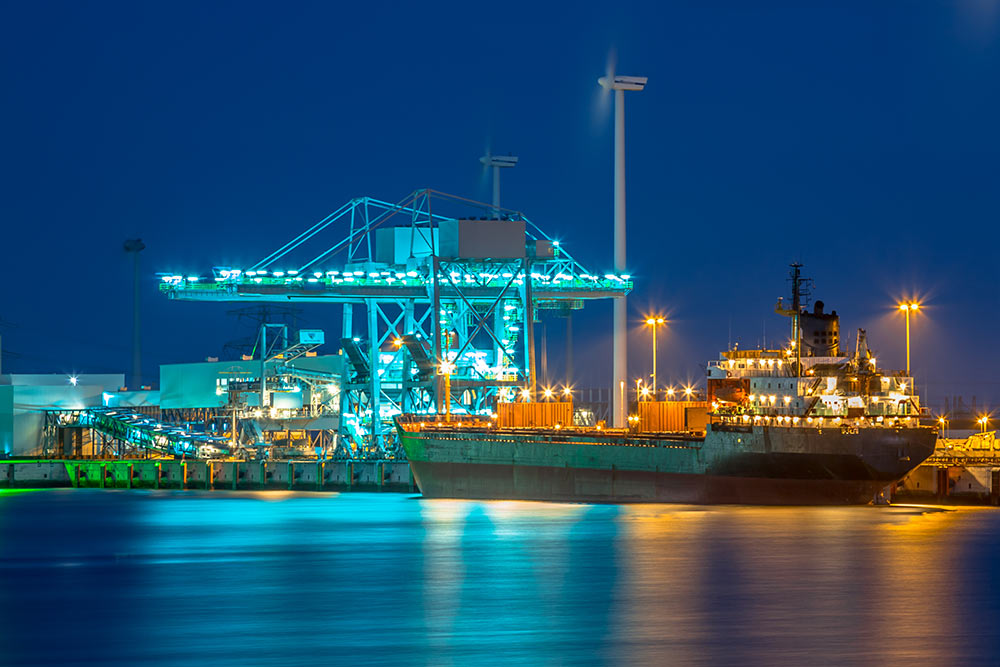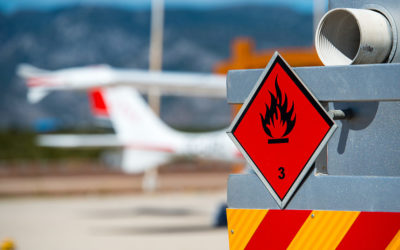Felixstowe & Liverpool Strike Update
Workers at the Port of Felixstowe are due to start an eight day strike from this weekend and now Liverpool workers have voted for industrial action too.

The Felixstowe strike was called by members of the Unite union, after an offer of a 5% pay increase was made by the port’s management. Almost 2,000 members were balloted and they voted overwhelmingly for industrial action. Right now, the strike looks inevitable as later talks broke down despite an increased offer of 7%.
Ocean freight carriers have largely planned around the strike, including changing vessel rotations so that vessels call before or after the strike, and also offloading Felixstowe cargo at other ports. However, there will be disruption during the strike period as little or no collections and deliveries can be made from the port.
The Unite union have subsequently announced that their Liverpool dock workers have now been balloted, with 99% of the votes in favour of strike action. No date has been set for a strike on Merseyside, although the union is believed to have a ballot of the port’s engineers still open, which will likely mean this does not clash with Felixstowe.
Felixstowe is the UK’s largest container port and Liverpool the largest in the North. The Evolution team are monitoring this closely.
Follow Us
Stay up to date with our news and articles on social media
Contact Us
Tel 01675 466521
Email
sales@dangerousgoodspacking.com
Dangerous Goods Logistics
Dangerous Goods Compliance
Related Articles
Dogs That Can Detect Lithium Batteries
The detection of lithium batteries using dogs is being pioneered in France, and is expected to roll out globally following a successful six-month trial.
New Lithium Battery Rules For Air Cargo
From 1st April 2022, new IATA regulations have once again been introduced for the movement of lithium batteries by air. These changes were buried in the IATA DG Regulations.
Dangerous Goods Regulation Changes In China
China introduced new legislations with regard to the importing and exporting of dangerous goods resulting in a crackdown on regulations and even more stringent checks.




